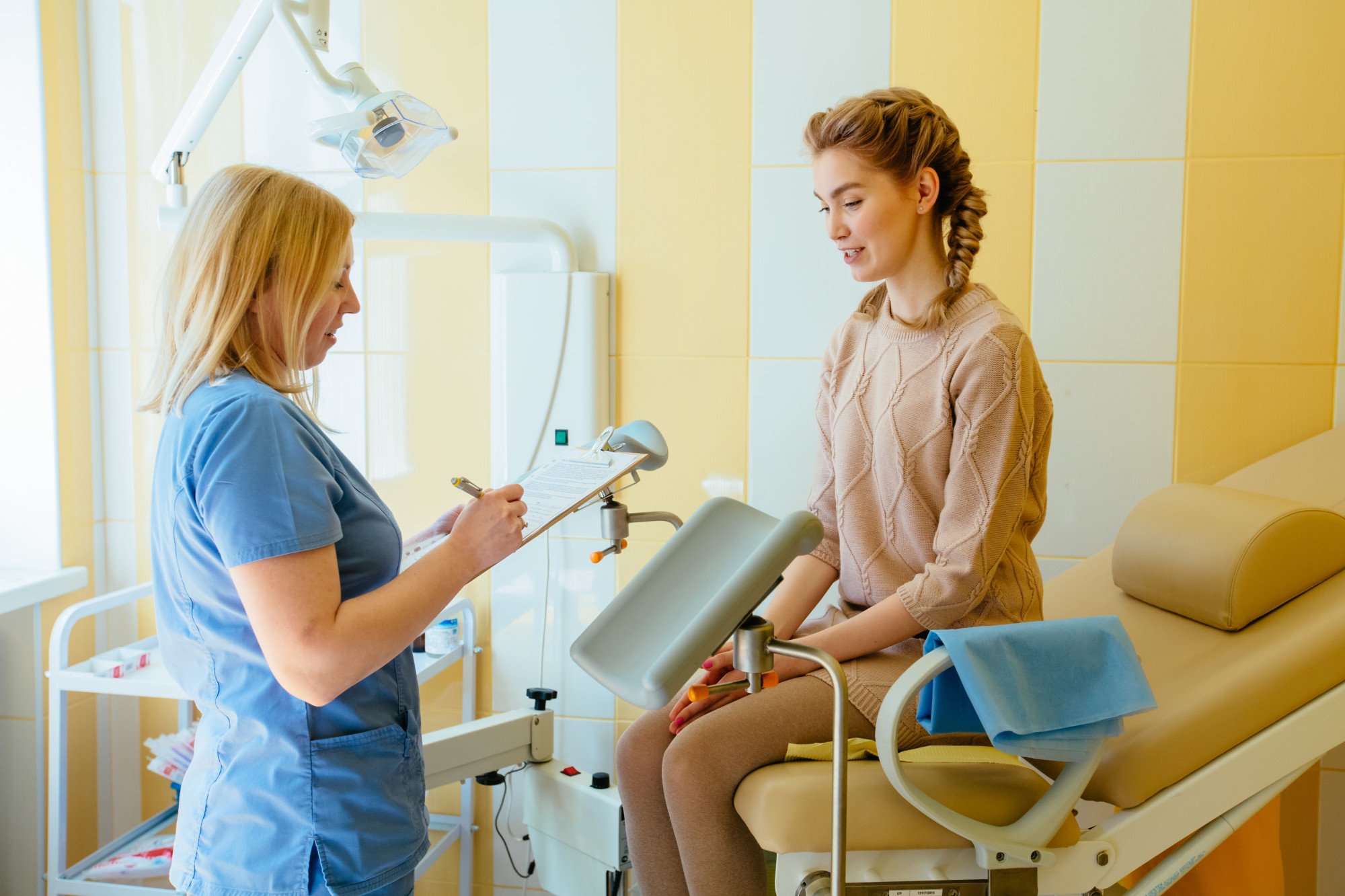Introduction
Women’s reproductive health is influenced by various factors, including genetics, environment, and importantly, diet and lifestyle. A balanced diet and healthy lifestyle habits can significantly improve fertility, regulate menstrual cycles, and reduce risks of reproductive disorders. This article explores how diet and lifestyle choices impact reproductive health and offers practical tips to support women’s well-being.
The Role of Diet in Women’s Reproductive Health
Nutrients Essential for Reproductive Health
Certain vitamins and minerals play a vital role in hormone regulation, ovulation, and overall reproductive function. Key nutrients include:
- Folate: Supports healthy cell division and reduces the risk of neural tube defects during pregnancy. Found in leafy greens, legumes, and fortified cereals.
- Iron: Prevents anemia, which can affect ovulation. Found in red meat, spinach, and beans.
- Calcium and Vitamin D: Important for hormone function and bone health. Found in dairy products and sunlight exposure.
- Omega-3 Fatty Acids: Reduce inflammation and support egg quality. Present in fatty fish, flaxseeds, and walnuts.
Impact of a Balanced Diet
A diet rich in whole grains, fruits, vegetables, lean proteins, and healthy fats helps maintain a healthy weight and hormonal balance. It can improve menstrual regularity and reduce the risk of polycystic ovary syndrome (PCOS) and endometriosis.
How Lifestyle Choices Influence Reproductive Health
Maintaining a Healthy Weight
Both underweight and overweight conditions can disrupt menstrual cycles and fertility. Achieving and maintaining a healthy Body Mass Index (BMI) supports normal hormone production and ovulation.
Exercise and Physical Activity
Moderate exercise improves blood circulation, reduces stress, and helps maintain a healthy weight. However, excessive intense exercise may negatively affect menstrual function, so balance is key.
Managing Stress
Chronic stress affects hormone levels, potentially leading to irregular periods and fertility problems. Techniques like meditation, yoga, and adequate sleep can help manage stress.
Avoiding Harmful Substances
Smoking, excessive alcohol consumption, and drug use can impair fertility and increase the risk of miscarriage and birth defects. Limiting or avoiding these substances is crucial.
Diet and Lifestyle Tips for Optimal Reproductive Health
Eat a Variety of Nutrient-Dense Foods
Incorporate colorful fruits and vegetables, whole grains, lean proteins, and healthy fats into your daily meals.
Stay Hydrated
Adequate water intake supports all bodily functions, including reproductive health.
Regular Physical Activity
Aim for at least 150 minutes of moderate exercise per week, such as walking, swimming, or cycling.
Prioritize Sleep
Aim for 7-9 hours of quality sleep per night to support hormone balance.
Reduce Stress
Practice relaxation techniques and maintain a supportive social network.
Common Reproductive Health Issues Related to Diet and Lifestyle
Polycystic Ovary Syndrome (PCOS)
A hormonal disorder often linked to insulin resistance and obesity. Dietary changes and exercise can improve symptoms.
Endometriosis
Inflammatory condition worsened by poor diet and stress. Anti-inflammatory foods and stress management may help reduce symptoms.
Infertility
Balanced nutrition and healthy lifestyle habits improve fertility outcomes for many women.
Conclusion
Diet and lifestyle choices play a fundamental role in supporting women’s reproductive health. By consuming nutrient-rich foods, maintaining a healthy weight, managing stress, and avoiding harmful habits, women can promote hormonal balance, enhance fertility, and reduce the risk of reproductive disorders. Adopting these healthy habits not only improves reproductive outcomes but also contributes to overall well-being.
FAQs
1. Can diet alone improve fertility?
Diet plays a significant role, but it is usually one part of a comprehensive approach including lifestyle and medical care.
2. How much exercise is recommended for reproductive health?
Moderate exercise of about 150 minutes per week is ideal. Avoid excessive intense workouts.
3. Does stress really affect menstrual cycles?
Yes, chronic stress can disrupt hormone production leading to irregular or missed periods.
4. Are supplements necessary for reproductive health?
Supplements may help if dietary intake is insufficient, but it’s best to consult a healthcare provider before starting any.
5. Can weight loss improve symptoms of PCOS?
Yes, even a modest weight loss can improve insulin sensitivity and regulate menstrual cycles in women with PCOS.












